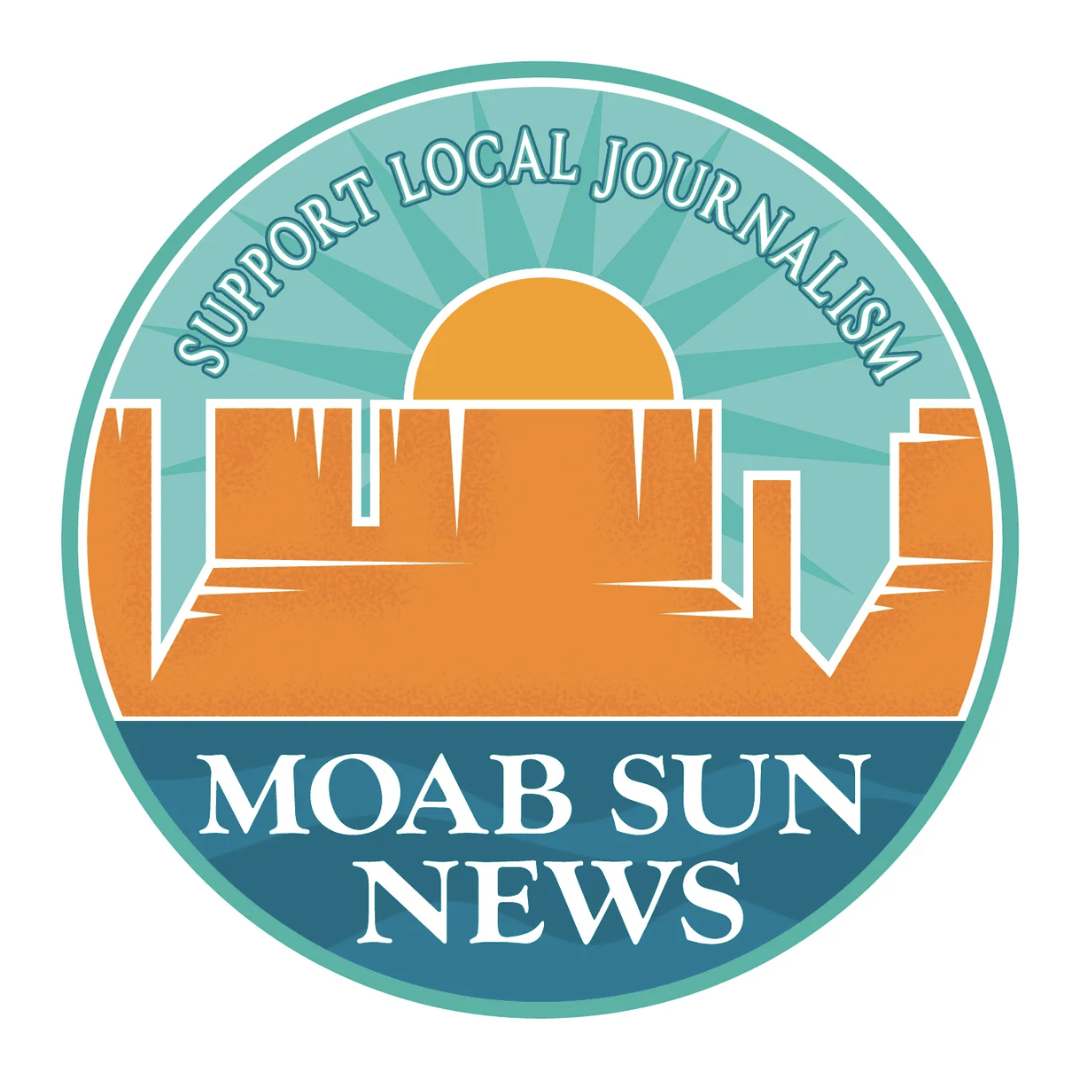Moab City Council and Grand County Council discussed the financial needs of the Canyonlands Care Center and Moab Regional Hospital at a joint meeting held Friday, Nov. 30.
Questions arose of the legality of a proposed rural health tax that could subsidize the care center and provide seed money in order for the hospital to receive Medicaid Disproportionate Share Payments (DSH), federal monies that are given to hospitals that provide care to low-income patients.
Some Utah rural counties have been able to put in place a rural health tax to subsidize county-owned care centers and hospitals. The rural health tax has been discussed in city and county council meetings. It has been estimated that a half-percent county sales tax, which exempts food, could generate approximately $750,000 a year. The county council believed that they could put the proposal on the June 2013 ballot to allow voters to decide by a 2/3 whether to have a county rural health tax or not.
However, because the county does not own the care facility or hospital, and the Canyonlands Health Care Service District isn’t a taxing entity, county officials think that it may not be legal to put a rural health tax in place.
Both the city and council have made adjustments in their budgets this year to provide DSH money. In recent council meetings the county approved $195,000 and the city approved $82,000 for a total of $277,000 seed money in order for the hospital to receive $876,800 in 2012 DSH payments.
The county council also adjusted the distribution of mineral lease monies at their Tuesday, Oct. 9 meeting in an attempt to secure additional funding for the Canyonlands Care Center and the Moab Regional Hospital. Council members doubled the mineral lease allocation, increased the share of the Payment in Lieu of Taxes (PILT) money to 50 percent, and allocated 10 percent of the mineral bonus to the health care district.
If Grand County receives approximately the same amount in mineral lease, PILT and bonus money in 2013 as it did in 2012, the health care district will receive $515,000 in their 2013 budget. That is $245,000 more than it received in 2012.
This reallocation was to serve as a buffer to increase monies to the care center and provide DSH seed money for the hospital until a rural health tax could be put in place to provide subsidy monies for both entities.
The Moab Regional Hospital is requesting approximately $250,000 to $300,000 in seed money each year for DSH payments.
The Canyonlands Care Center now has an operating debt of $350,000, said Joey Allred, chair of the health care district. The health care district, which is responsible for the care center, expects an additional $500,000 loss during the 2013 operational budget due to changes in Medicaid reimbursement and additional costs relating to state bed tax, food costs and employee benefits. It also has approximately $4.5 million capital debt for the construction and furnishing of the care center.
Questions arose at the meeting asking which entity would be financially responsible for the care center should it continue to accumulate debt and no monies are secured for subsidy.
City councilman Kyle Bailey suggested that the county should take over the facility.
“I don’t think the county wants to take over the debt,” said county council chair Gene Ciarus. “We have given all we can through mineral lease money, and there isn’t enough from mineral lease to pay their debt and the DSH payment.”
County attorney Andrew Fitzgerald said that he had a relative who buys and operates care centers. He said that most care centers are profitable, but the Canyonlands Care Center is unable to make ends meet because it is dependent upon Medicaid payments.
“The hospital has the higher paying Medicare rehabilitative beds,” Fitzgerald said. “The care center has lower paying Medicaid beds.”
The city and county councils agreed to create a task force to see if there is a legal way to have a rural health tax.
“We know we have a problem. We’re probably good for this coming year, but we need to be discussing where we go from here,” Sakrison said. “We need to have a task force to address this issue. The last thing I want to see is that care center going away.”




